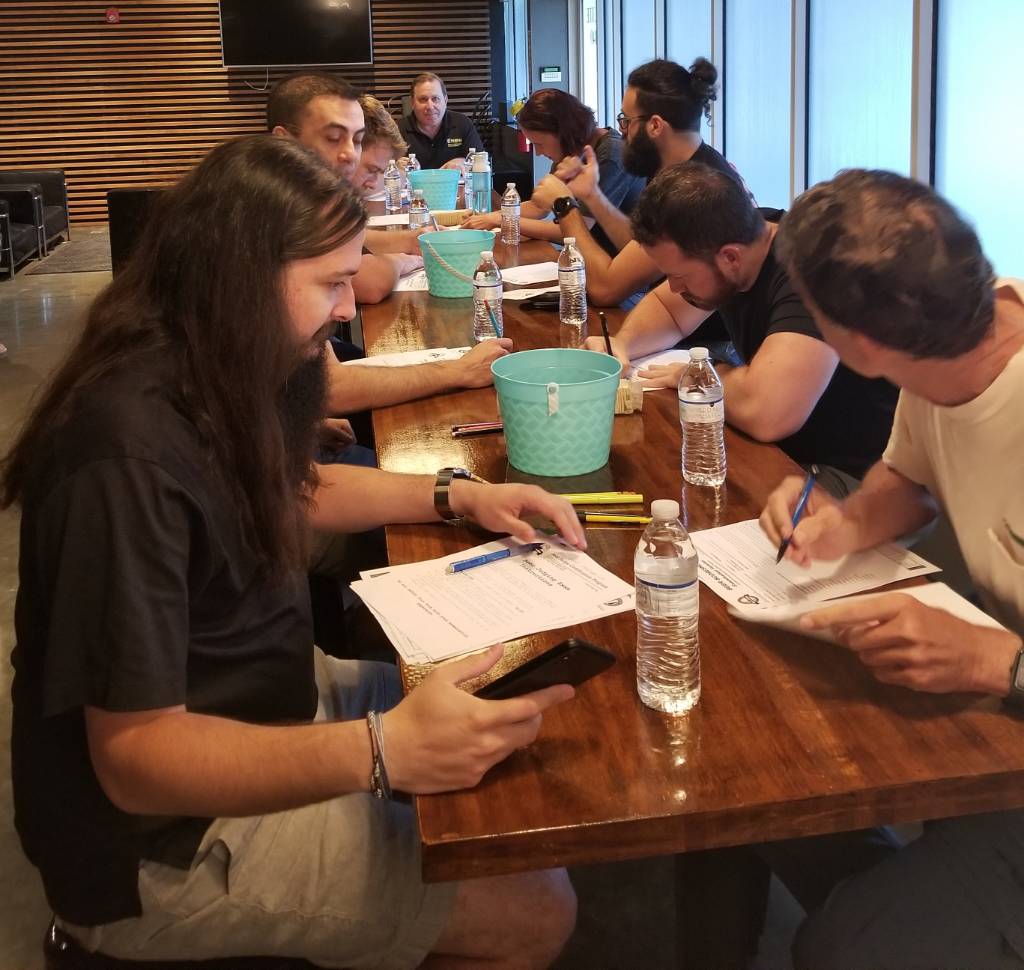Bender_Braus_Brewing
Well-Known Member
- Joined
- Jul 12, 2017
- Messages
- 517
- Reaction score
- 62
Not sure if this is the right forum (didn't seem like any forum really fit the description) and if this isn't relevant at all, feel free to delete and let me know in PM...
But I was wondering if anyone has become a judge through BJCP and done all of that? The exam, etc.
There is a local group meeting up to do studies for it, and their about 3 weeks into it all, and a member invited me to come out. I don't know what all it entails and I want to get as much information on it as possible and it definitely looks interesting.
Any/all help would be greatly appreciated! Thank you all!
But I was wondering if anyone has become a judge through BJCP and done all of that? The exam, etc.
There is a local group meeting up to do studies for it, and their about 3 weeks into it all, and a member invited me to come out. I don't know what all it entails and I want to get as much information on it as possible and it definitely looks interesting.
Any/all help would be greatly appreciated! Thank you all!



